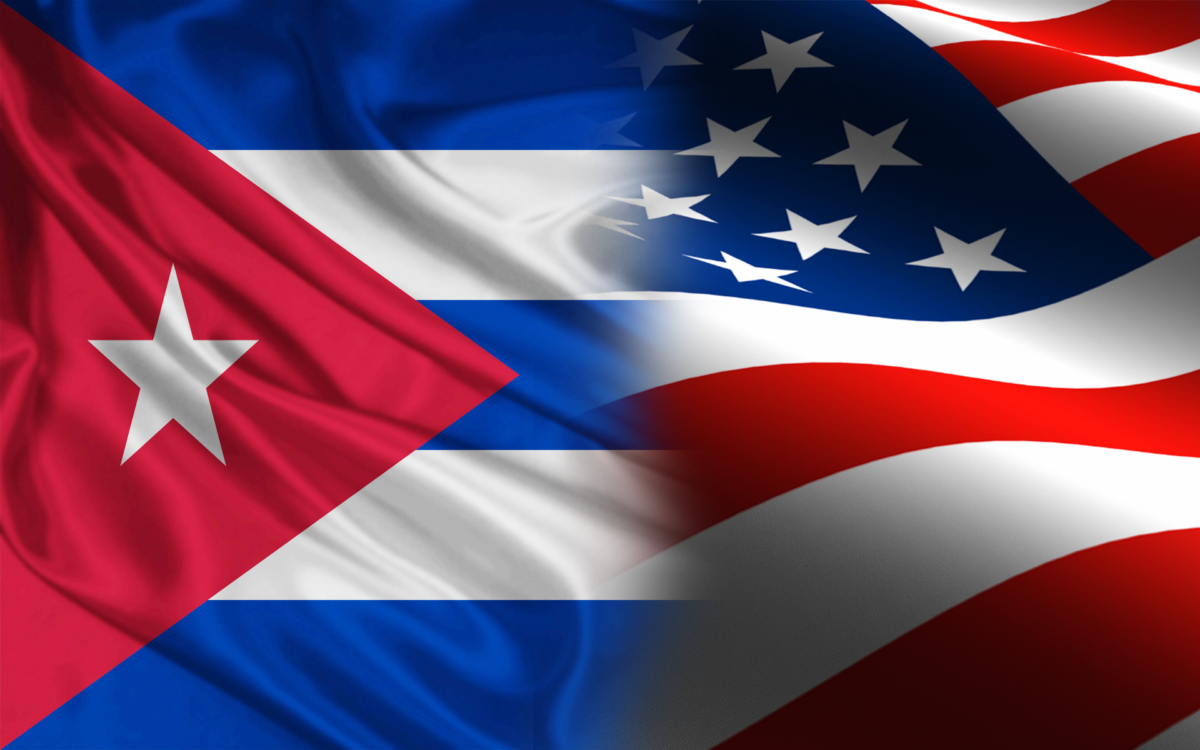 United States President Barack Obama made a historical trip to Cuba last week to meet with Cuban President Raul Castro to improve the countries relations, and this meeting of powerful men has some here at home feeling hopeful.
United States President Barack Obama made a historical trip to Cuba last week to meet with Cuban President Raul Castro to improve the countries relations, and this meeting of powerful men has some here at home feeling hopeful.
Political Science professor Shaun Narine feels as though the effort to reach out to Cuba is a good one with the prospects of permanently altering U.S.-Cuban relations, but said the business community will decide its ultimate fate.
“Whether or not it can survive a Republican President is going to depends on how the business community in the U.S. reacts, especially in Miami.”
Narine said many young Americans of Cuban background no longer care about the Cold War issues that have kept the two countries under an embargo, but it may present some cautious feelings.
“For Cuba, the danger is that the U.S. will attempt to swallow it up,” said Narine. “In some ways, it is a dangerous moment in Cuba.”
Narine also said so long as Castro’s Communist Party remains in power, the States will push against it and there will be right-wing politicians who will try to punish and attack the bordering country because of it.
“I don’t think that this is going to change, especially in the current government.”
Narine said lifting the embargo against Cuba will only be possibly if the Republicans lose control of the Congress.
Professor Jamie Gillies of the Communications and Public Policy department at STU thought the visit to Cuba is keeping with Obama’s legacy of trying to strengthen and changes the U.S.’s relationship with regimes that have been its rhetorical enemies.
“In brokering the deal with Iran and trying to thaw relations with Cuba, Obama has used presidential prerogative powers to effectively try to open up diplomatic relations,” said Gillies. “His argument seems to be that more dialogue is better than no dialogue.”
Gillies admitted it is unclear as for what will occur in the future as some Republicans are skeptical of President Obama’s attempts at normalizing relations with the Castro government.
“But once a president begins to change the dialogue, it becomes incumbent on future executive leaders in the United States to at least consider continuing with this direction.”

